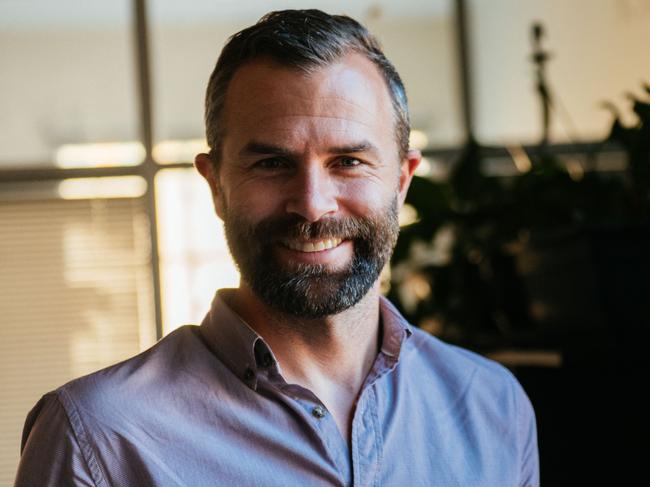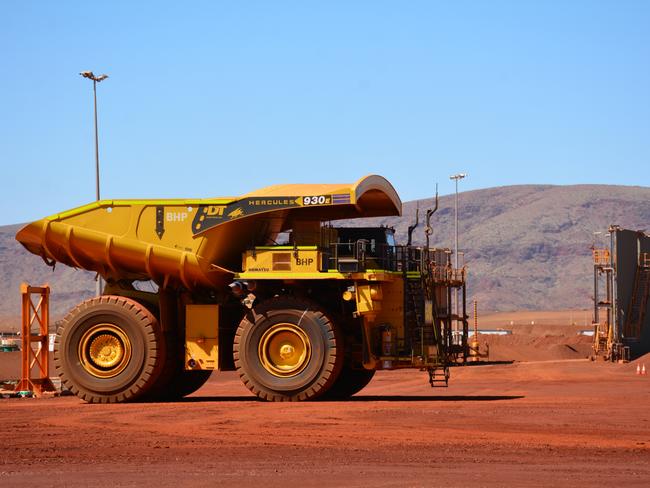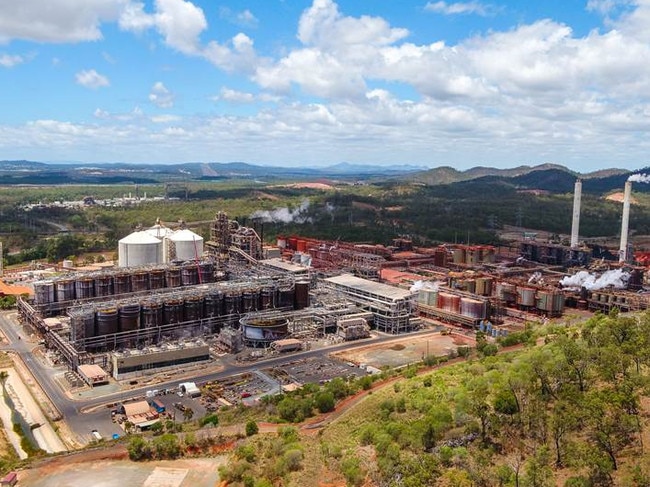ASIC and APRA investigate greenwashing climate change claims
Australia’s corporate cops are reviewing whether big businesses’ climate change claims really stack up and are taking misleading ‘greenwashing’ claims to court.
Environment
Don't miss out on the headlines from Environment. Followed categories will be added to My News.
Corporate Australia is on notice that glib promises to address climate change no longer cut it as so-called ‘greenwashing’ claims hit the courts.
Global regulators and major investors are joining shareholder activists in driving the nation’s corporate sector to deliver credible plans to hit net zero by 2050.
Plans rather than generic pledges are now required.
They also need to include short and medium term targets and measurement methodologies.
Major emitters including AGL, BHP, Rio Tinto and Santo have all pledged to hit net zero by 2050 or before.
That has not stopped them from facing growing shareholder backlashes – and even legal challenges – amid criticism their emission reduction strategies will fail to meet the goals of the 2015 Paris Climate Accord.

The nation’s regulators, the Australian Securities and Investments Commission and the Australian Prudential Regulation Authority, have also made it clear they will be increasing their oversight of climate change reporting.
ASIC in July warned company directors they could face misleading and deceptive conduct charges should they overstate the environmental credentials of their operations.
It recently rapped outback gas explorer Tamboran Resources over the knuckles for its claim it would be a net zero emissions producer from first production.
The corporate cop is also reviewing whether superannuation funds which promote their investments as green, clean and ethical actually stack up.
Claims of greenwashing – overstating the environmental benefits of an organisation’s products or environmental footprint – are now hitting the courts.
Oil and gas producer Santos is being sued by the Australasian Centre for Corporate Responsibility for allegedly engaging in misleading or deceptive conduct by claiming gas provides “clean energy” and saying it has a “clear and credible” pathway to net zero by 2040.
ACCR climate and environment director Dan Gocher said while climate change had moved firmly onto the radar of major corporations, too many companies were still not being bold enough in their pledges.
“There is a lot of green washing around net zero,” Mr Gocher said.
“Companies come out and commit to net zero but they don’t provide a lot of substance or their 2025 or 2030 targets are fairly weak. That is a big problem because we know we need to take action now.”
ACCR is increasingly winning support in its push for companies to provide climate change policies which align with the Paris goal of keeping temperature increases “well below” 2 degrees Celsius.
When it started lobbying companies a decade ago with climate change resolutions submitted to annual general meetings it generally struggled to win more than 5 per cent of the shareholder vote.
Last year, more than half of Woodside shareholders backed a resolution calling on the oil and gas producer to adopt measurable emissions targets, while in September 55 per cent of AGL shareholders called on the utility to develop a climate change plan that adheres to the Paris goals.
Those votes were secured despite the boards of both companies urging shareholders to vote against the resolutions.
BHP is facing shareholder blowback over its climate action plan amid concern it does not line up with a world in which temperatures remain well below 2 degrees Celsius.
Mr Gocher said the use of carbon offset credits, which allow companies to buy emission reduction credits generated by activities such as tree planting to offset their own emissions, was coming into increasing focus.
“A lot of the credits you buy from overseas are basically junk,” he said.


“Issues include getting an offset from a forest that was never going to be cut down, or testing the veracity of offsets coming from developing countries. How credible are they? When you can go and buy a tonne of offset for $1 than they are not very credible – if climate change was that cheap to solve it wouldn’t be a problem.”
Companies which talk a big game on climate change but fund industry associations which are seen to oppose action are also in the spotlight.
Both BHP and Rio Tinto have come under pressure to stop funding the Minerals Council of Australia for its promotion of the nation’s coal industry – pressure which has arguably seen the body tone down its public rhetoric on the fossil fuel.
Responsible Investment Association Australasia executive manager Estelle Parker said a global financial shift was underway as money flowed into companies that were committed to net zero and super funds which invested in them
Australians were also taking a far more critical look at environmental claims as they decided where to park their retirement savings.
“Investors want to see transparency about how companies will reach their commitments,” Ms Parker said.
“Simply making a net zero declaration is not going to do anything for your company. You have to follow it up with a real plan on who you will achieve and measure those outcomes.”
More Coverage
Originally published as ASIC and APRA investigate greenwashing climate change claims





